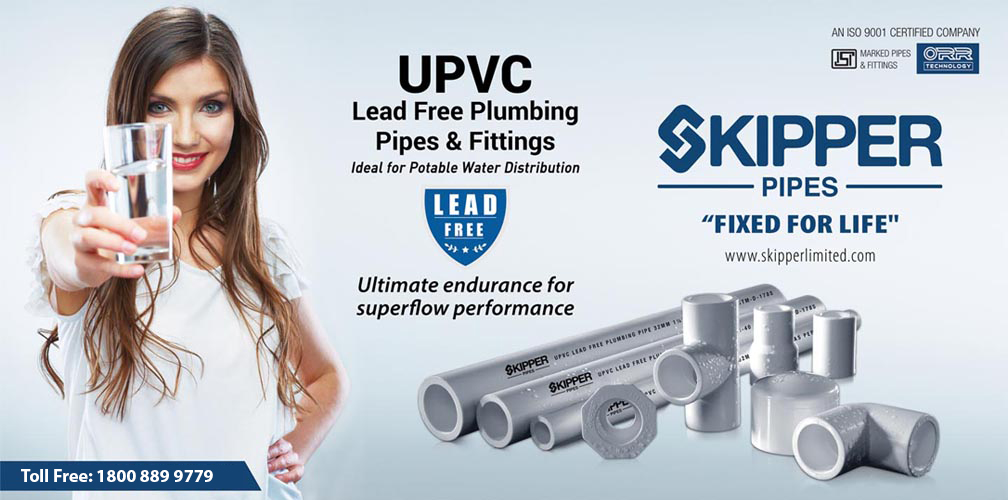
Home - Plumbing and Sewage - UPVC Pipes
UPVC Pipes
Our UPVC pipes have an economical installation up-take, down-take lines, terrace looping, and concealed pipe work. Made of thermoplastic material welded by solvent cement, these fire-resistant products do not contaminate water passing through them. Being 100% lead-free India's safest pipes ensures overall hygiene. Our UPVC pipes and fittings are anti-fungal and anti-algae. Their smooth surface prevents scaling and deposition, while their UV stability makes them ideal for outdoor application. These non-corrosive pipes with excellent tensile and impact strength are a smart substitute for GI pipe systems. These pipes are made as per ASTM D 1785, and also comes in SCH 40 and SCH 80.
UPVC Pipe Specifications
UPVC pipes, known for their durability and versatility, have become a top choice for plumbing, irrigation, and industrial applications. However, selecting the right UPVC pipes for your needs requires understanding their specifications. In this guide, we’ll break down the key factors to help you make an informed decision.
Key UPVC Pipe Specifications to Consider
- Pressure Rating: UPVC pipes come in varying pressure ratings, typically denoted as PN (e.g., PN10, PN16). These ratings indicate the pipe’s ability to withstand internal pressure, making them suitable for applications ranging from low-pressure water distribution to high-pressure industrial systems.
- Diameter and Wall Thickness: The diameter and wall thickness of UPVC pipes are critical for ensuring optimal flow rates and structural integrity. Standard sizes range from 20mm to 400mm, and the wall thickness determines the pipe's strength.
- Temperature Resistance:UPVC pipes can withstand temperatures up to 60°C, making them ideal for cold water systems. For applications involving higher temperatures, consider alternatives like CPVC.
- Chemical Resistance: One of the standout features of UPVC pipes is their resistance to chemicals, making them suitable for transporting acids, alkalis, and other corrosive substances.
- Compliance with Standards: Ensure that the UPVC pipes meet industry standards like ASTM or ISI, as this guarantees quality and reliability.
Why Choose a Trusted UPVC Pipe Supplier?
Selecting the right UPVC pipe supplier is just as important as understanding specifications. Skipper Pipes ensures high-quality products, compliance with standards, and a wide range of options tailored to your requirements.
Whether you need pipes for domestic plumbing or industrial systems, understanding UPVC pipe specifications will help you make the best choice. We offer quality, durability, and expert guidance to ensure your system’s efficiency and longevity. For top-notch UPVC pipes, partner with us who prioritize quality and customer satisfaction.
Common Issues with UPVC Pipes and Solutions to Fix Them
UPVC pipes are widely appreciated for their durability and versatility, but like any plumbing system, they can occasionally encounter problems. Understanding common UPVC pipes issues and solutions can help ensure the longevity of your system and minimize disruptions. Here are some common challenges and their fixes.
- Pipe Leakage
-
- Issue: Leakage is one of the most frequently reported problems with UPVC pipes. It can occur due to improper installation, damaged pipes, or worn-out joints.
- Solution:
- Inspect the connections and ensure proper alignment.
- Use high-quality UPVC pipe fittings to prevent loose joints.
- For damaged sections, replace the pipe or use a repair clamp for temporary fixes.
- Clogging
-
- Issue: Over time, debris, mineral deposits, or foreign particles can accumulate inside the pipes, leading to reduced water flow.
- Solution:
- Flush the pipes regularly to prevent build-up.
- Use strainers at inlets to filter debris.
- For severe clogs, consider professional cleaning services.
- Cracking or Splitting
-
- Issue: UPVC pipes may crack under extreme pressure, improper handling during installation, or exposure to harsh weather conditions.
- Solution:
- Always follow the recommended pressure ratings for your pipes.
- Store and transport pipes carefully to avoid physical damage.
- Replace cracked sections promptly to avoid further issues.
- Loose Fittings
-
- Issue: Over time, UPVC pipe fittings can loosen due to wear and tear or incorrect installation.
- Solution:
- Regularly inspect fittings and tighten them if necessary.
- Use solvent cement during installation to secure joints effectively.
- UV Damage
-
- Issue: Prolonged exposure to sunlight can degrade UPVC pipes, causing them to become brittle.
- Solution:
- Use UV-resistant pipes or protective coatings for outdoor installations.
- Provide adequate shading or insulation where necessary.
By addressing these UPVC pipes issues and solutions, you can maintain a reliable and efficient plumbing system. Proper installation, regular maintenance, and using high-quality materials are key to avoiding problems like pipe leakage or loose fittings. Choose Skipper Pipe’s UPVC pipes to ensure long-lasting performance for all your plumbing needs.
Applications of UPVC Pipes
UPVC pipes are renowned for their strength, durability, and versatility, making them a preferred choice across various industries. Understanding the UPVC pipe uses and applications can help you identify where they fit best for your needs. Let’s explore the top UPVC pipes uses and why they are so widely trusted.
Key Applications of UPVC Pipes
- Plumbing Systems
- UPVC pipe used for water supply systems offers excellent corrosion resistance and durability.
- They are ideal for residential and commercial plumbing due to their ability to handle high pressure and resist scaling.
- Irrigation Systems
- UPVC pipes are widely used in agriculture for irrigation purposes.
- Their lightweight design, ease of installation, and resistance to chemicals make them ideal for delivering water to crops.
- Sewage and Drainage Systems
- One of the significant UPVC pipes applications is in wastewater and drainage systems.
- They prevent leaks and blockages due to their smooth inner surface and robust construction.
- Industrial Applications
- UPVC pipes are used in industries to transport chemicals, acids, and alkalis, thanks to their chemical resistance.
- They are also effective in HVAC systems for ventilation and ductwork.
- Electrical Conduits
- UPVC pipes protect electrical cables from environmental damage and mechanical stress.
- Their fire-retardant properties make them a safe option for electrical conduit systems.
- Construction and Infrastructure
- In construction, UPVC pipes are used for rainwater harvesting, stormwater drainage, and underground water storage systems.
Why Choose Skipper UPVC Pipes?
The wide range of UPVC uses stems from their numerous benefits, including longevity, cost-effectiveness, and resistance to corrosion, chemicals, and UV rays. These attributes make UPVC pipes suitable for various applications in domestic, agricultural, and industrial settings.
From plumbing to industrial systems, the versatility of UPVC pipes applications ensures they remain a top choice for modern infrastructure. To get the most out of UPVC, choose high-quality products from Skipper Pipe’s wide range of product.

Fittings for UPVC Pipes
Skipper UPVC lead-free Pipes and Fittings are lightweight, making them easy to use while reducing transportation and installation costs. The jointing of these pipes is fairly simple because it requires no special tools for cutting. One-stop solvent cement is all that is required to provide a 100% leak-proof joint. If it is necessary to cut the pipe, then it should be done with a fine-toothed handsaw. These fittings conform to ASTMD 2467, and also comes in schedule 40 and schedule 80.
When designing an efficient plumbing or piping system, the role of UPVC pipe and fittings cannot be overlooked. Known for their durability and versatility, these fittings complement UPVC pipes to create leak-proof, long-lasting systems. Let’s explore the significance of UPVC fittings, their uses, and why they are essential in modern infrastructure.
What Are UPVC Fittings?
UPVC fittings are connectors, joints, and adapters designed to join UPVC pipes securely. They ensure a seamless flow of liquids or gases while maintaining the structural integrity of the piping system.
Common Types of UPVC Fittings
- Couplings: Connect two pipes of the same diameter.
- Elbows: Allow directional changes in the pipeline, typically at 45° or 90°.
- Tees: Split or combine fluid flow in three directions.
- Reducers: Connect pipes of different diameters.
- End Caps: Seal the pipe's open ends.
Top UPVC Fittings Uses
- Plumbing Systems
- UPVC pipe and fittings are extensively used in plumbing for residential and commercial applications.
- They provide strong, leak-free connections for water supply systems.
- Irrigation Systems
- In agriculture, UPVC fittings help distribute water efficiently across fields.
- Their resistance to chemicals makes them ideal for fertilizers and pesticide solutions.
- Sewage and Drainage
- UPVC pipes uses include wastewater management, and fittings play a crucial role in connecting and diverting pipelines.
- Their smooth surface reduces the risk of blockages.
- Industrial Applications
- UPVC fittings are used in industries for transporting corrosive chemicals, thanks to their chemical resistance and durability.
- Construction Projects
- UPVC fittings are used in rainwater harvesting systems and HVAC installations.
Why UPVC Fittings Are Essential
The compatibility of Skipper UPVC pipes with their fittings ensures long-term performance. Designed according to standard UPVC pipe specifications, these fittings provide precision, strength, and efficiency in every application.
From plumbing to industrial systems, the versatility of UPVC fittings enhances the overall utility of UPVC pipes. Choosing us ensures your piping system is durable, efficient, and resistant to wear and tear. Partner with trusted suppliers for superior products that meet your specific needs.
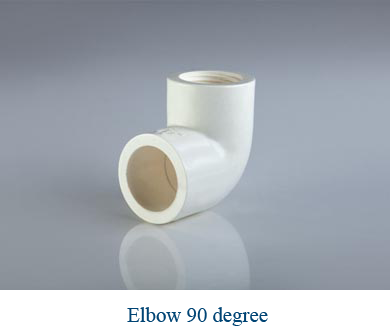
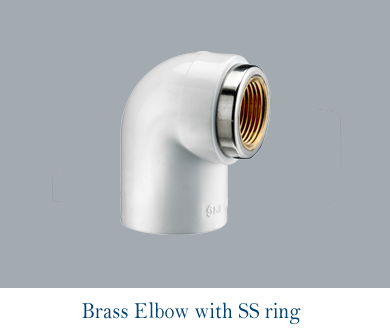
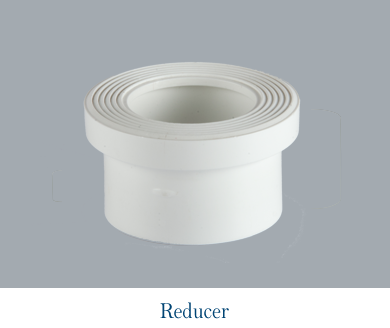
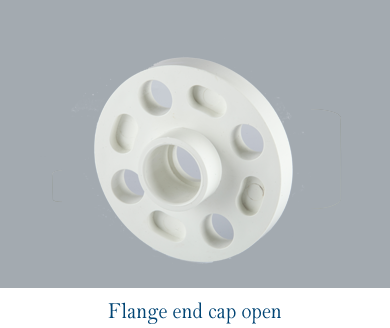
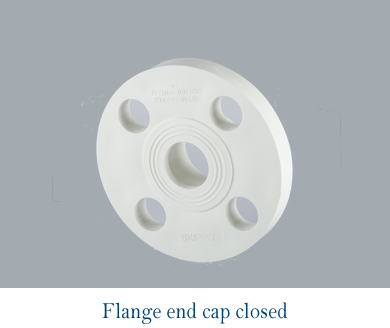
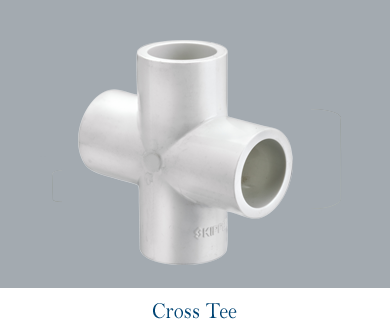
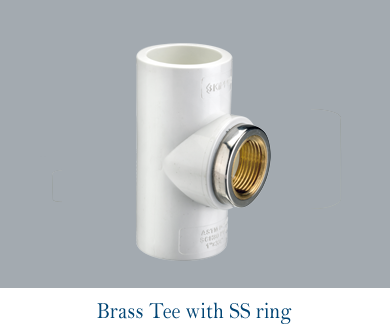
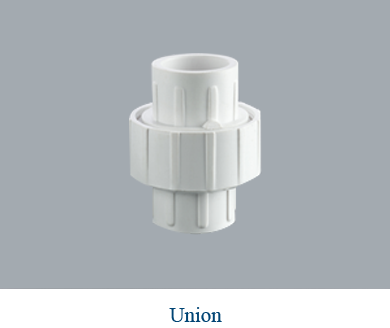
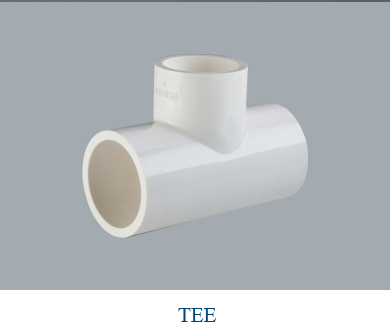
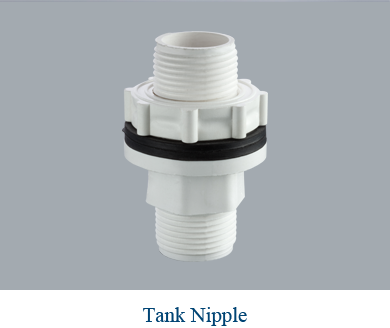
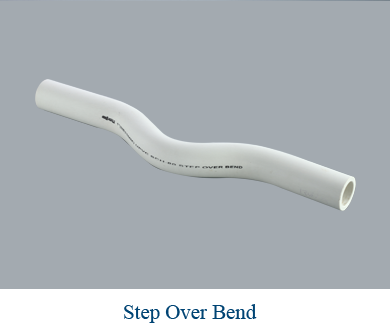
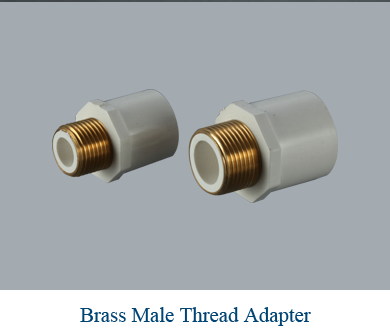
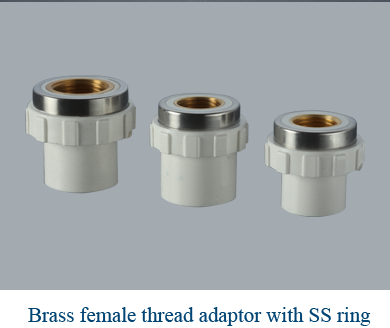
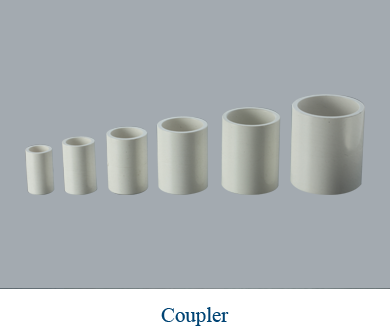
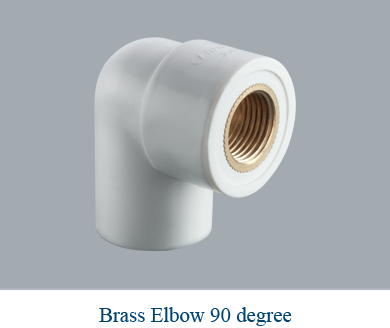
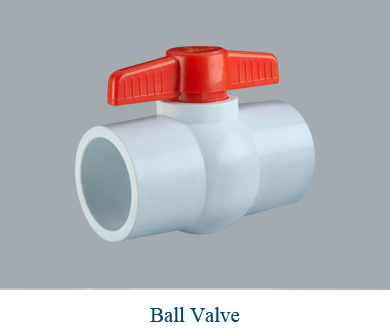
For more details please Click Here
UPVC Pipes Specifications :
- 100% Lead free
- Chemical and corrosion resistant
- Strong and resilient with high tensile strength
- Leak proof jointing methods
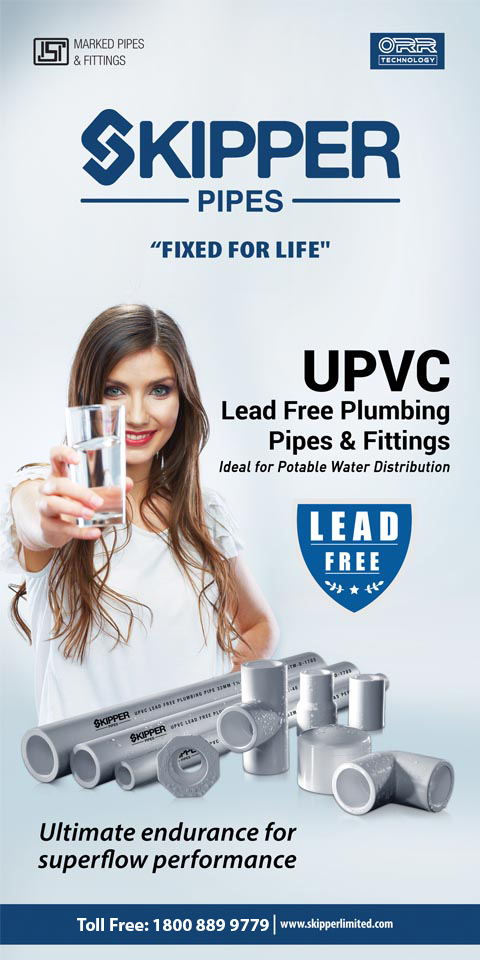
FAQs
UPVC pipes are made of synthetic plastic polymer. UPVC stands for Unplasticized polyvinyl chloride. Due to its resistance to chemicals, UPVC pipes are widely used for plumbing applications.
CPVC pipes can withstand extreme temperatures thus making them ideal for carrying both cold and hot water as well as industrial liquids. UPVC pipes, on the other hand, are ideal for transporting potable water.
UPVC pipes are widely used for transporting potable water. As they are resistant to chemicals, they are also used for transporting chemicals such as chloride in industrial settings.
Yes, UPVC pipes are safe for drinking water. Our UPVC pipes are corrosion resistant, antifungal and anti-algae and 100% lead free, making them ideal for drinking water. They do not react with chlorine disinfectant added to the water.
When properly installed, CPVC pipes are known to last for years. Our CPVC pipes have high mechanical strength, corrosion resistance and can withstand any hazardous condition and tension. All these properties make our CPVC pipes ideal for long-term use.
